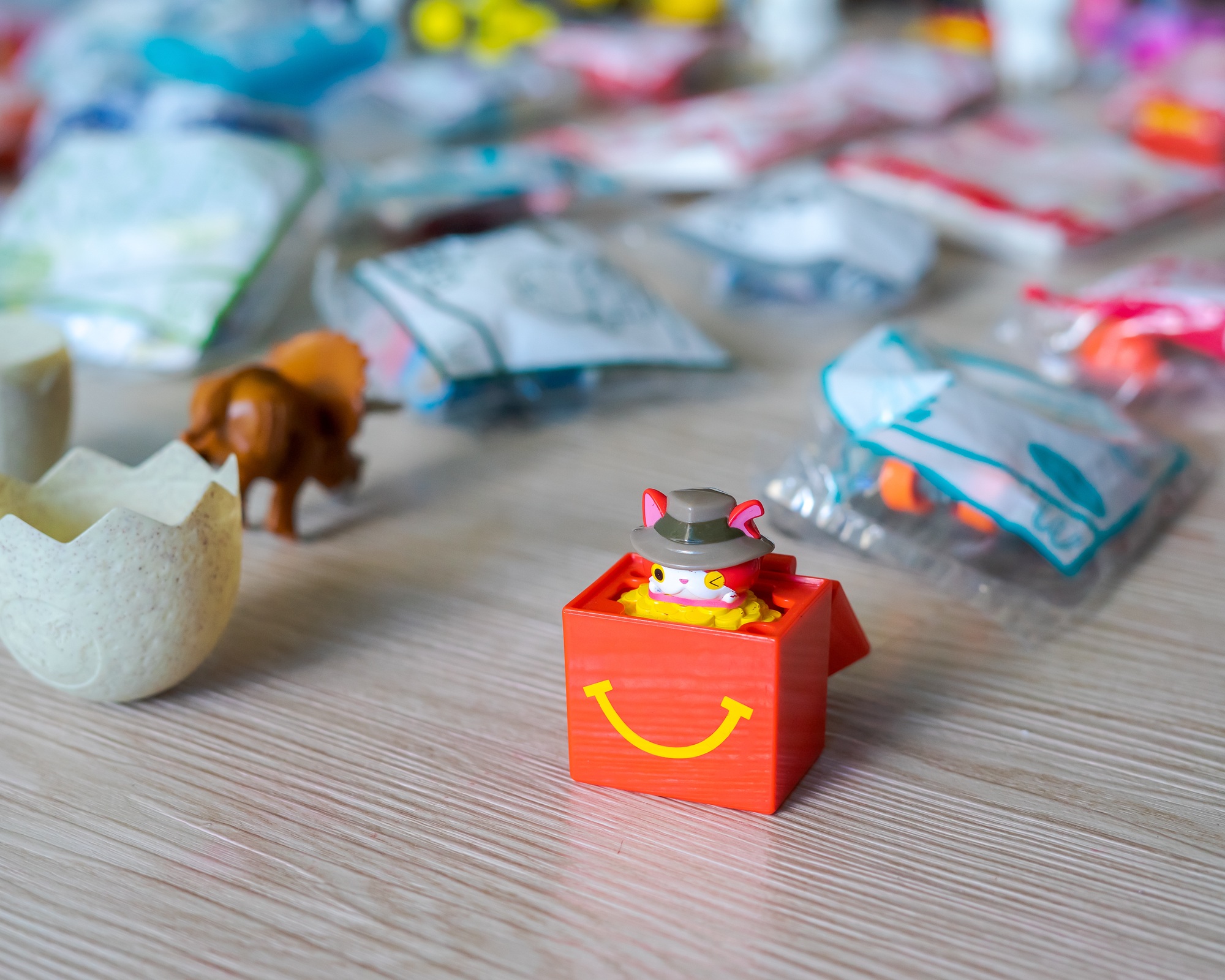We all want to work with great educators – people who genuinely care, show up for their team, and keep growing in their role. But supporting that growth? That’s where many services feel stuck.
At Firefly HR, we’ve seen performance processes done well – and… not so well. From annual reviews that feel like job interviews, to services with no feedback culture at all.
And under Element 7.2.3 of the National Quality Standard (NQS), it’s not just a nice-to-have, services are expected to regularly evaluate the performance of educators, coordinators, and staff, and to support them with clear learning and development goals.
The good news? It doesn’t have to be awkward or overwhelming. When done well, performance support can become one of the most empowering parts of your leadership culture.
Here’s how to make it feel natural, values led, and genuinely useful – for everyone on your team.

Start with relationships, not ratings
Performance conversations go better when there’s trust. That starts with getting to know your educators – their strengths, what lights them up, and where they want to grow.
If your only check-in is once a year, it’s probably too late.
What to do instead:
Have regular, casual check-ins, once a month or once a term. Ask things like:
- “What’s been going well in your role lately?”
- “Is there anything you’d like to explore or learn more about?”
- “How are you feeling about your place in the team?”
These don’t need to be formal, just consistent and meaningful.
Be clear on what ‘great’ looks like
Vague feedback leads to vague results. Educators want to know what matters, not just what’s written in a position description or checklist.
What to do instead:
Anchor your expectations in your service’s philosophy and team culture – not just the NQS.
For example:
- “In our team, being proactive means stepping up when you see someone needs help – that really matters here.”
- “We value reflection, so we notice when people bring honest questions to our team chats, not just solutions.”
Being specific creates clarity, and clarity builds confidence.
Use real moments as feedback touchpoints
You don’t need a formal meeting to give meaningful feedback. Sometimes, a quick comment in the moment is even more powerful.
What to do instead:
Get in the habit of noticing great practice and naming it. For example:
- “I saw how you supported that new child during group time – that was such calm, confident care.”
- “Thanks for how you handled that last minute change today. You kept the energy positive, and that really helped the team.”
Short, specific praise builds a culture where people know their work is valued.
Keep the paperwork light – and meaningful
No one needs more admin. But a simple structure can help educators reflect and grow, without drowning in forms.
What to do instead:
Use a one page template that invites reflection. Include prompts like:
- “What’s something you’re proud of this term?”
- “What’s one thing you’d like to develop or try next?”
- “What support would help you feel more confident?”
Let the template guide a conversation, not replace it.
Shift from ‘evaluation’ to growth
When performance processes are about support, not scrutiny, they become something educators actually look forward to.
It’s not about being perfect. It’s about knowing your strengths, spotting gaps, and feeling safe enough to keep growing.
And that’s how strong teams – and strong services – are built.
Bonus Tip: Use a Template That Aligns with Regulations
To make all of this easier, we’ve created a Performance Evaluation and Professional Development Plan Template that aligns directly with NQS Element 7.2.3.
It helps you:
- Systematically assess educator performance
- Facilitate reflective discussions
- Set clear goals for continuous improvement
- Stay compliant with national standards
Download the free template now and take the guesswork out of performance evaluations while strengthening your team and staying regulation-ready.



